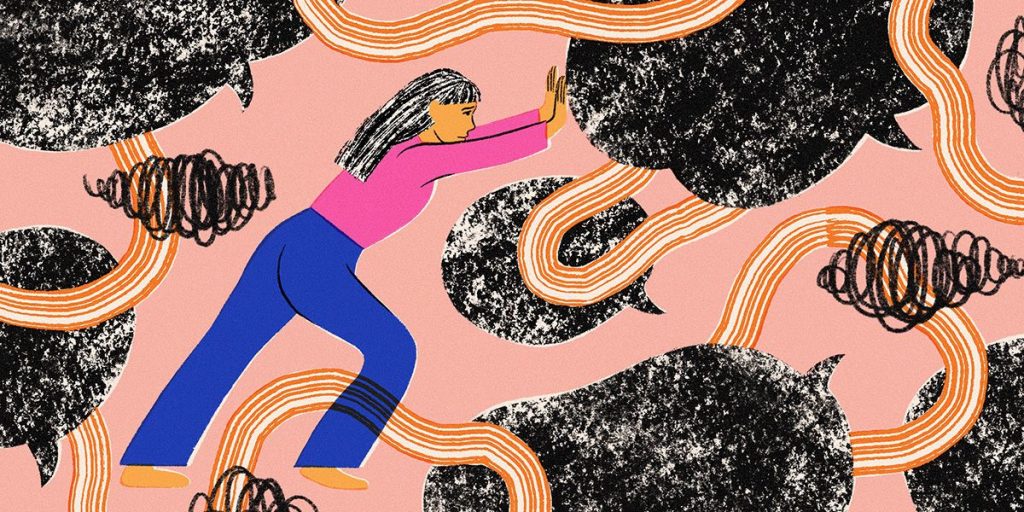
Premenstrual Dysphoric Disorder (PMDD) | A Severe Form Of PMS.
Once a month, before menstruation, some women feel like their personality changes completely. These symptoms are much more than just PMS: they are linked to premenstrual dysphoric disorder (PMDD).
Premenstrual syndrome, commonly known as PMS, no longer needs introductions. Premenstrual dysphoric disorder, on the other hand, is much more discreet in the scientific literature. However, 2 to 7% of women suffer from PMDD from puberty until menopause.
Premenstrual Dysphoric Disorder, A More Serious Form Of PMS.
Simply put, PMDD is a severe form of PMS, which affects 2 to 7% of women. PMDD is a severe brain reaction to natural fluctuations in estrogen and progesterone. A few days before the period, symptoms such as irritability, dark thoughts, anxiety, fatigue, great loss of interest and problems with concentration or memory appear. In most cases, the symptoms disappear as soon as the period arrives.

Premenstrual Dysphoric Disorder (PMDD) is more like PMS on steroids.
The Origin Of PMDD.
The origin of premenstrual dysphoric disorder remains unexplained but according to current research, it is a combination of neurobiological and neuroendocrinological factors, in particular due to a deficiency in serotonin. PMDD could also be favored by a genetic predisposition and by the social environment.
How Is PMDD Diagnosed?
If you suspect a premenstrual dysphoric disorder, you can contact your doctor, gynecologist, psychiatrist or psychologist. However, the symptoms of this disorder make its diagnosis complicated, since it can be similar to depression or bipolarity. For many, PMDD is diagnosed years later.

PMDD can be serious enough that some women should go to a doctor or nurse to discuss treatment options.
To diagnose PMDD, the patient must be prone to depressed mood, emotional lability, high anxiety, and nervousness. These symptoms appear between the luteal phase (the period between ovulation and the next period) and the follicular phase of the menstrual cycle (when the oocytes mature in the ovarian follicle, as soon as the last period ends).
Since PMDD is linked to the menstrual cycle, this depressive state and mood swings disappear one week after the period. Symptoms should be assessed daily for two consecutive cycles.
What Treatment For PMDD?
There is currently no really 100% effective treatment to overcome PMDD. However, several therapeutic approaches can alleviate its symptoms. A diet reduced in salt, sugar, caffeine and alcohol can help to better live the premenstrual phase. It is also advisable to practice physical activity and do relaxation exercises.

Research suggests that mindful meditation can reduce anxiety, depression, and pain. All common symptoms of PMDD.
If these changes do not lead to any improvement, the doctor may prescribe treatment with selective serotonin inhibitors, which are part of the psychotropic family.
Psychotherapy can also help to understand the functioning of premenstrual dysphoric disorder and its symptoms to better live with it, and find an appropriate therapeutic response.

Studies have shown that cognitive therapy can be as effective as antidepressants in helping to manage PMDD.
It is important to remember that PMDD is a neuroendocrine problem. It is therefore not a psychological problem in itself, but a disorder whose effects are psychological. In recent years, online resources and social media groups have sprung up to raise awareness of the disorder.
Dr James S Pendergraft | Orlando Women’s Center


Leave a Reply